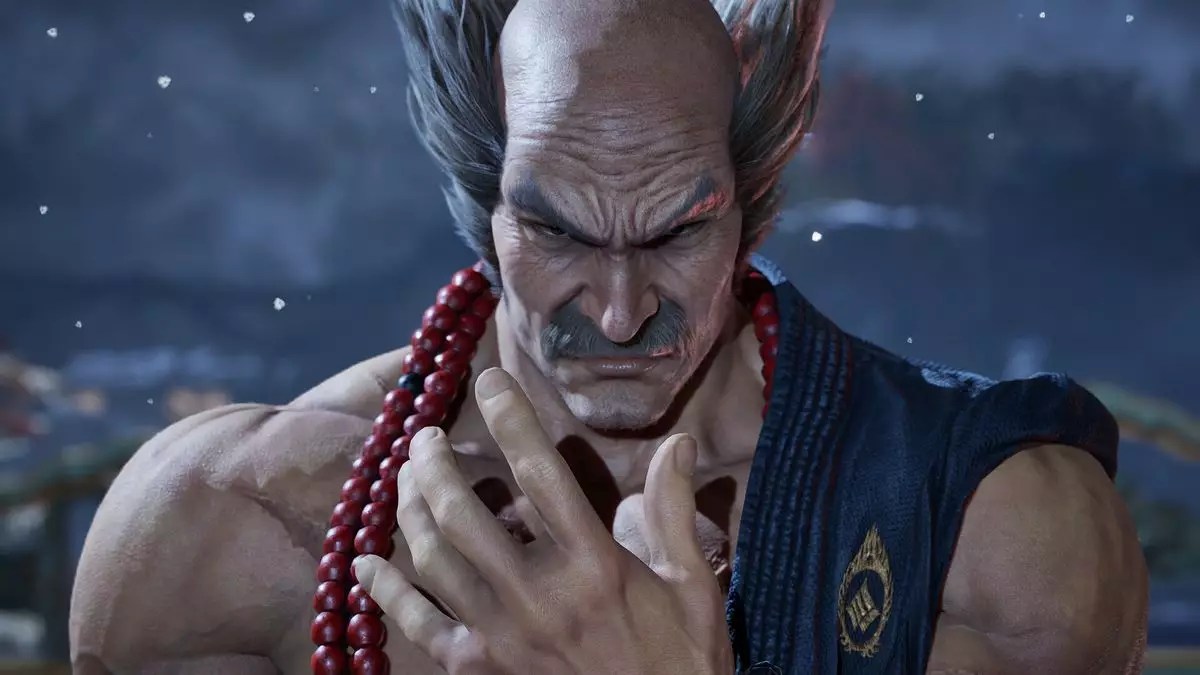Tekken 8 represents a significant milestone in a franchise celebrated for its thrilling combat and rich legacy that spans over three decades. However, this latest installment has encountered substantial backlash from its dedicated fanbase. Key issues arise not just from the gameplay itself, but particularly from the monetization strategies that developers have employed. The release of the Year 1 Pass, which excluded the much-anticipated Genmaji Temple stage, ignited frustration among players and led to stark criticisms regarding a perceived over-reliance on microtransactions.
The Backlash: Community Reaction and Developer Response
Following the announcement of its DLC structure, fans expressed their discontent through various channels, notably Steam reviews and social media platforms like Reddit. The resultant “review bombing” highlighted a sentiment of betrayal among players who felt that their investment in the game was undermined by the developers’ decisions. In response to this escalating wave of dissatisfaction, the Tekken development team issued a public apology. They acknowledged the concerns surrounding the Year 1 Pass and the way the Genmaji Temple was rolled out, promising to take active steps to rectify the situation.
In an attempt to restore community trust, Tekken 8 announced that it would automatically add an upcoming winter battle stage DLC for those who purchased the Year 1 Pass. Furthermore, they offered a compensation of 500 Tekken coins, equivalent to $5, for all players who logged in during a specified window. This proactive approach saw positive reactions from some players, with many expressing their appreciation for the developers’ willingness to listen and respond to community grievances.
Impact of Developer Communication
The reaction to the developers’ apology and compensatory measures offers a case study in effective communication between developers and their player community. The acknowledgment of player feedback sends a strong message: the developers are committed to making amends and enhancing the gaming experience based on user input. However, it also raises questions about the necessity of such drastic measures; the fact that the community had to band together to make their voices heard suggests that the developers initially missed the mark in terms of player expectations.
While some players consider the recent turn of events as a significant win for community advocacy, it also reflects the growing concern over how modern gaming is monetized. Gamers are increasingly wary of business practices that prioritize profit over player satisfaction, leading to higher stakes in the relationship between players and developers.
As the dust settles on this episode of community conflict, it remains to be seen how Tekken 8 will evolve in the coming months. The actions taken by the developers may provide a roadmap for navigating player concerns while balancing the financial viability of a beloved franchise. Ultimately, the future success of Tekken 8 hinges not only on the quality of its gameplay but also on maintaining a transparent and collaborative rapport with its dedicated fanbase. The gaming community’s ability to influence developer decisions may herald a new era in which player engagement becomes central to the development process, ensuring that both sides benefit from mutual respect and understanding.


Leave a Reply